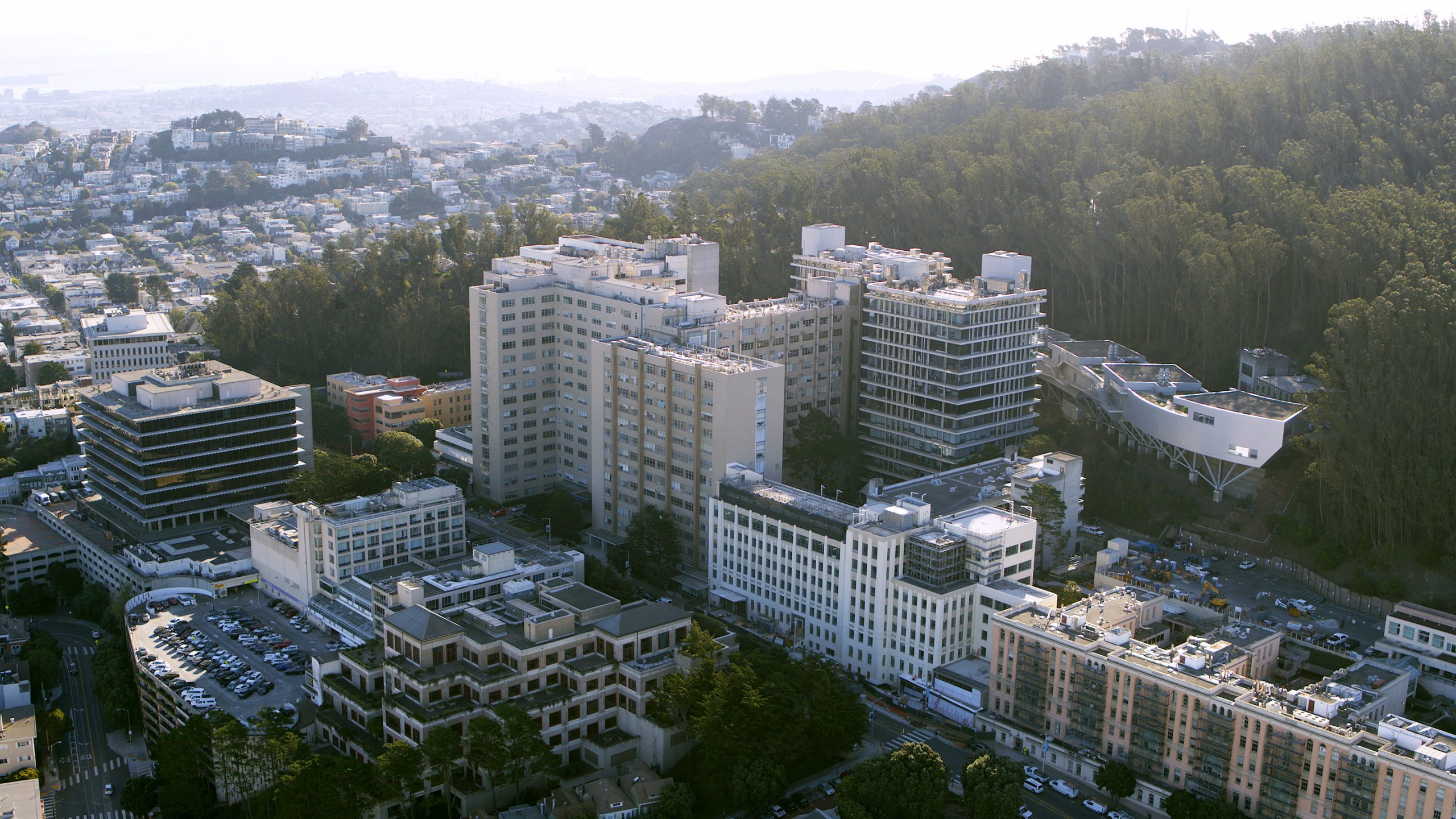UCSF: Accelerating Transformational Research into Cell Transplantation for Patients with Type 1 Diabetes
A personal investigation into the lifelong implications of his type 1 diabetes (T1D) culminated in a $7 million gift from Mike Gordon, co-founder of Meritech Capital Partners, and his wife, Loren, to help UCSF surmount a key impediment to treating the disease. The funds will support world-class stem cell biologists, immunologists, and bioengineers who are working to overcome significant barriers to beta-cell replacement therapy as an effective treatment for T1D.
Diagnosed when he was just 22 months old, Gordon went through a whole pancreas transplant at UCSF nearly 12 years ago. As a result, he has fewer complications from T1D but must take immunosuppressant drugs – and endure the health risks that come with them – for the rest of his life.
We wanted to give these researchers freedom to explore bold ideas.
“I’ve suffered a lot from this disease,” Gordon said. “People say, ‘It’s not that bad. It’s a chronic condition.’ But you can fall apart.”
Some 1.6 million people in the US have T1D, a disease that is often disabling and can become life-threatening. Diagnoses typically occur in childhood, but not always. The disease develops when the patient’s immune system attacks its own beta cells, which make insulin in the pancreas. The resulting lack of insulin leaves the body unable to absorb sugar from the bloodstream and convert it into energy, so sugar builds up in the blood. Patients are subject to a lifelong dependence on insulin and are at a higher risk for heart disease, blindness, kidney failure, and other chronic conditions, in addition to shortened average life expectancy.
Beta cell-replacement therapy has shown enormous promise for T1D patients. Beta cells make up 50%-70% of the cells in human pancreatic islets – groups of cells in the pancreas that produce blood glucose-regulating hormones – and they are the sole producers of insulin in the body. However, replacement beta cells don’t live long, and the immune system often rejects the ones that do survive. To prevent the immune system from attacking the replacement cells, immunosuppressants are necessary, but they can be toxic and leave patients vulnerable to malignancies and other infections. UCSF scientists are poised to find solutions to these challenges.
“So often the NIH provides funds for low-risk projects where outcomes are more predictable,” Gordon said. “We didn’t want that; we wanted to give these researchers freedom to explore bold ideas.”
The research team will use the Gordons’ investment to help answer two big questions: How can they prolong the survival of replacement beta cells after transplantation? And, can the need for patients to take immunosuppressive drugs be eliminated? The answers to these questions will be a game-changer for patients around the world.

